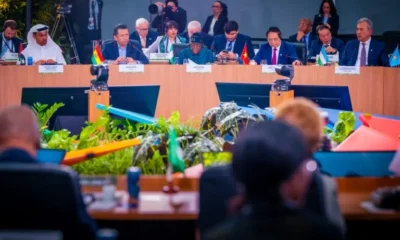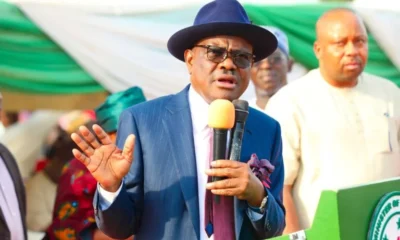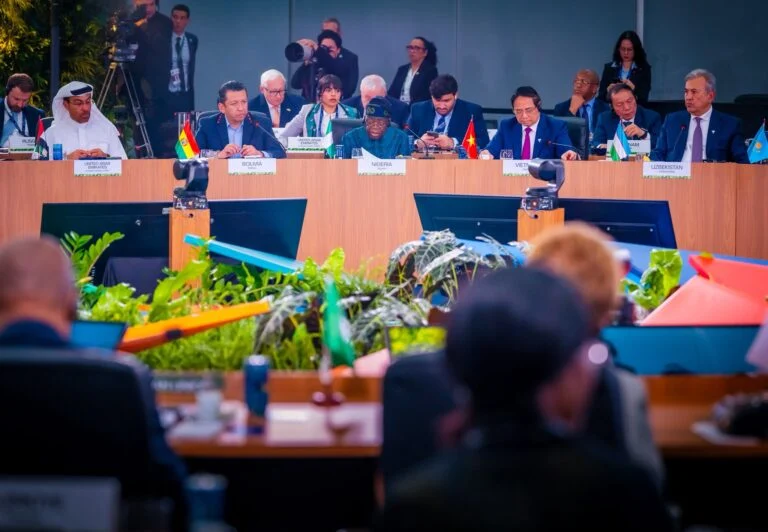Kayode Fayemi, former governor of Ekiti state, stated that while President Bola Tinubu has good intentions for Nigeria, those intentions alone are not enough to ensure success.
Fayemi made the comments on Thursday during his appearance on Politics Today, a program on Channels Television.
The former governor highlighted that the Tinubu administration must implement an effective policy framework to complement its leadership abilities to guarantee good governance.
When asked to speak truth to power, Fayemi remarked, “power knows the truth,” and added that power does not always act on the truth “because sometimes there are many mediating factors.”
He continued, “President Bola Ahmed Tinubu has done many good things; we all must acknowledge that. He’s been bold to take on some of the most difficult decisions that previous leaders have been reluctant to take on.”
He pointed out, “The fallout of those decisions has caused us huge cost of living crisis. Fuel subsidy removal, convergence of FX window.”
Fayemi explained, “However, he is well-meaning, but well-meaning is not enough in leadership; intentionality is critical to success.”
He added, “Whether you talk about student loans or other efforts at resisting insurgency, taming insecurity, tax policy reform, increase revenue into the federal coffers; clearly some elements are there but need to come together.”
“This is where effective policy framework goes side by side with leadership acumen to get a change of narrative to the story. Maybe that’s the area where we need to do a lot more.”
The former governor also expressed that leaders in the country must apologize to Nigerians for failing to fulfill their promises.
“Clearly, we must apologise to the Nigerian people. We have not succeeded in achieving everything we promised the Nigerian people, but that was not just because we were incompetent but because there were other structural impediments that have made things more difficult for us,” he stated.
He continued, “But clearly, we haven’t done enough to make life abundant for the Nigerian people, and for that, I clearly will not hesitate to apologise to the Nigerian people. We can do a lot more. An apology may give people good vibes or feelings, but that’s not what we really need.”
“We need to get our acts together, all of us who consider ourselves leaders in that space, because if we don’t, the risk we run is higher than the return we get.”
On May 29, 2023, Tinubu announced the removal of the subsidy on petrol, which immediately led to a spike in the price of the product, as well as goods and services.
As the policy began to affect citizens’ livelihoods, the Central Bank of Nigeria (CBN) announced the unification of all segments of the foreign exchange (FX) markets – merging the FX windows into the investors and exporters (I&E) window.
The CBN policy, which drastically devalued the naira, led to skyrocketing inflation, further worsening the living conditions of Nigerians as food, transportation, and other essential services became more expensive.
In August 2024, Nigerians protested against “economic hardship” and what they described as “bad governance,” with the demonstration lasting for 10 days.

 BIG STORY4 days ago
BIG STORY4 days ago
 BIG STORY4 days ago
BIG STORY4 days ago
 BIG STORY3 days ago
BIG STORY3 days ago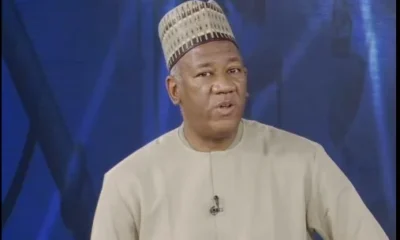
 BIG STORY3 days ago
BIG STORY3 days ago
 BIG STORY3 days ago
BIG STORY3 days ago
 BIG STORY4 days ago
BIG STORY4 days ago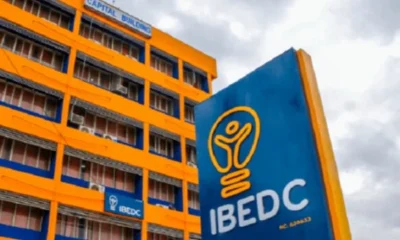
 BIG STORY4 days ago
BIG STORY4 days ago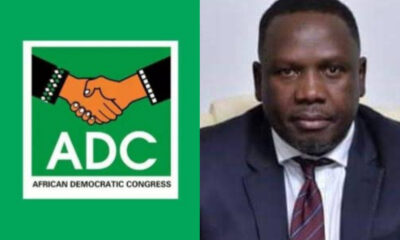
 BIG STORY4 days ago
BIG STORY4 days ago











